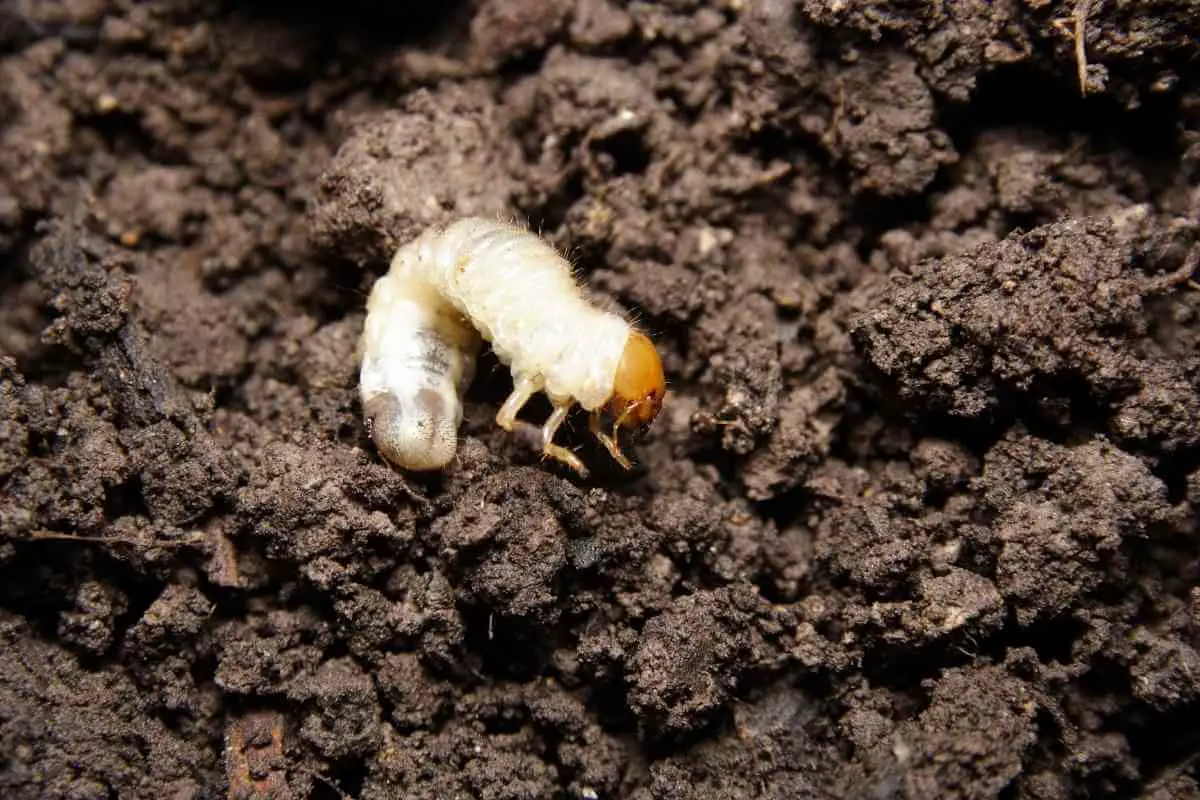During your time spent tending to your garden, you may spot some small, usually white, critters.
These are what are commonly known as lawn grubs, and are certainly strange things to look at.
You may be wondering:
- What exactly these creatures are?
- How they affect your garden?
- And whether or not you need to be proactive in getting rid of them?

Throughout this article, we will go over some of our handpicked facts about lawn grubs, and try to give you some extra knowledge that could help you to take the action you need in order to gain back control of your lawn.
Keep your eyes peeled and soak in this information, but be warned that #7 might just leave you wishing your curiosity hadn’t gotten the better of you!
1 – Lawn Grubs Can Cause Massive Damage to Your Lawn!
Although they may seem to be fairly harmless creatures, lawn grubs can prove to be quite the problem to anyone trying to keep their lawn in a good condition.
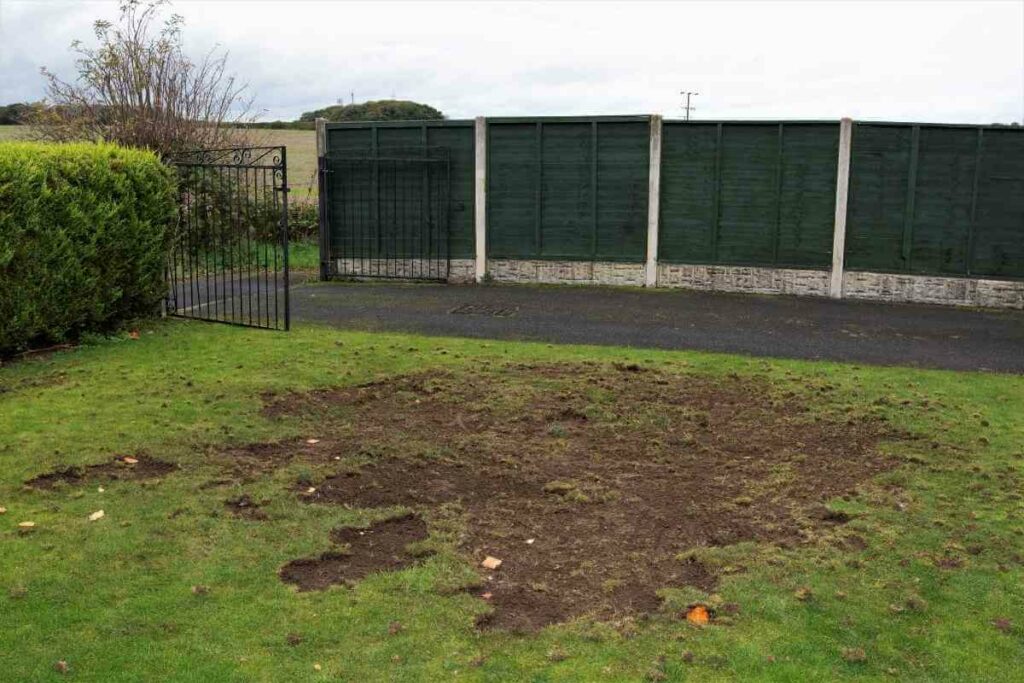
If you were to let these little bugs get out of control, they could take a rather dramatic toll on the state of your otherwise well-tended environment.
Lawn Grubs can leave spongy grass, dead patches, and loose ground in their wake.
Obviously, this is something you will want to avoid as much as you can.
In This Case: You would do well to stay tuned and pay close attention to some of the other facts in this list that may help you in making sure these beasties stay at bay.
2 – Timing Is Everything
Should you take the decision to do something about a lawn grub infestation, then you will need to consider the time of year in which you intend to do it.
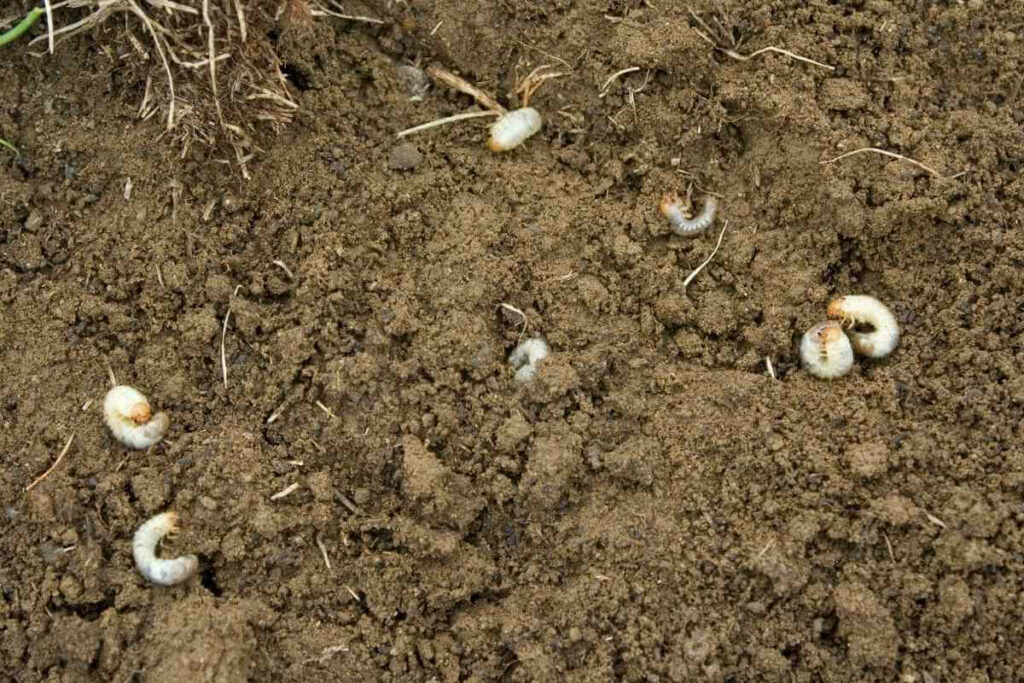
The wrong timing could leave you right back where you started!
There are certain times of the year where it is definitively better to start treating your lawn to prevent hosting lawn grubs.
Starting treating towards the end of the summer and the start of the fall will do wonders in putting a stop to the lawn grubs before they have a chance to hatch from their eggs.
You can, of course, try preventative measures during other times of the year – but for a conclusive result, it will prove beneficial to adhere to the correct timings.
3 – Lawn Grubs Come In Many Shapes and Sizes
Although they may all look very similar, there are actually quite a few different types of Lawn Grubs.
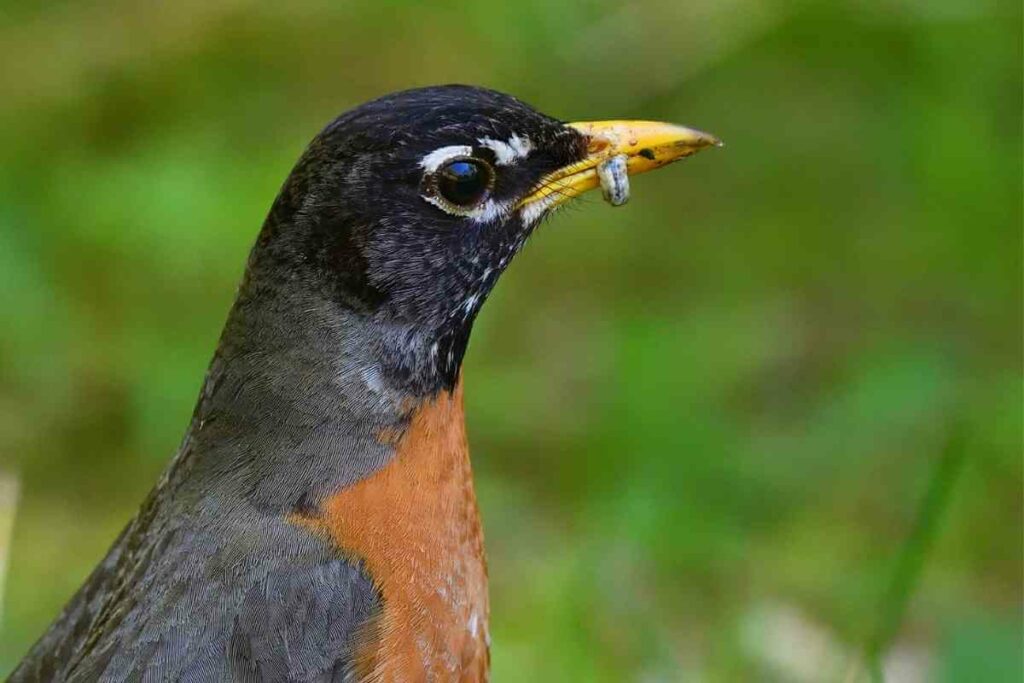
As they are simply the larvae of many different kinds of beetles, there will be as many kinds of Lawn Grubs as there are beetles that they will one day become.
There are subtle differences between different types of lawn grubs:
- Some will have different colorations, such as having different colored heads (ranging from red to yellow, to black).
- Some can have differently sized mandibles, or differ in size as a whole from one kind of grub to another.
Whilst they will ultimately look mostly the same, it can be fun to spot the slight differences between them all.
4 – Eats, Roots, and Leaves
You may be wondering what exactly it is that Lawn Grubs feast upon, some of the clever ones among you may have figured out that the clues in the name – your lawn!
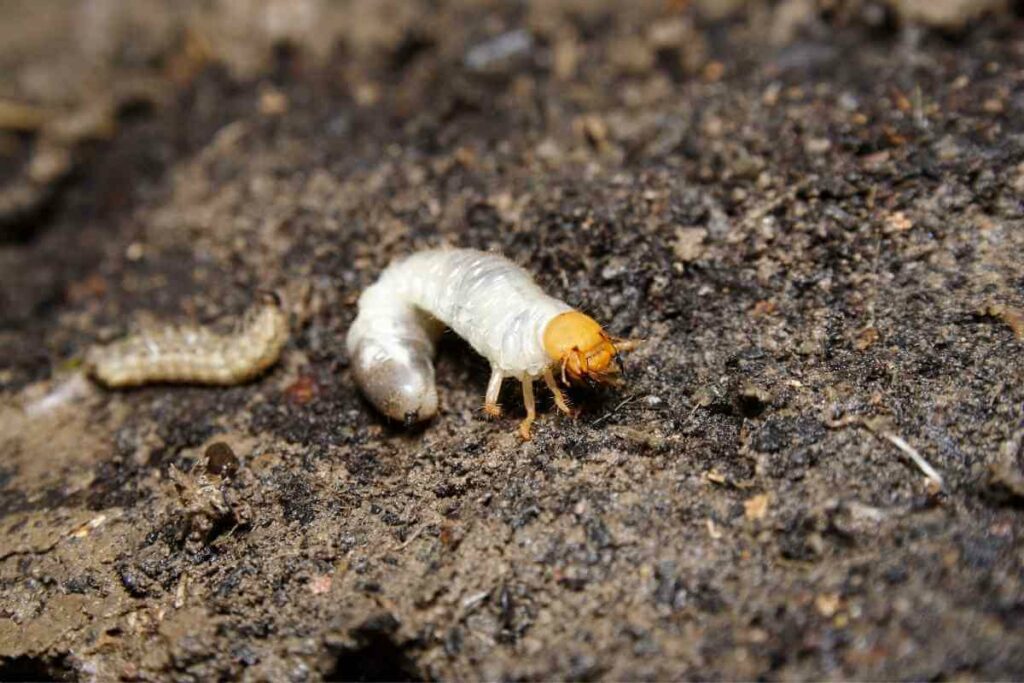
Everything from the leaves to the roots can be food for a lawn grub, and this is where they can cause a lot of damage to both the structure and aesthetics of your lawn.
So if you are planning to have your lawn be someone where you can sit down, relax, and enjoy your own little patch of nature, you may want to consider making sure that some grubs have not taken up home amongst the green.
Enough damage can even have your lawn become able to be rolled up like a carpet, as the roots have all but been destroyed!
5 – Lawn Grubs Live for 3 Weeks
It may surprise you to know that, typically, lawn grubs only live for around 3 weeks!
This is not to say their entire life is only 3 weeks long.
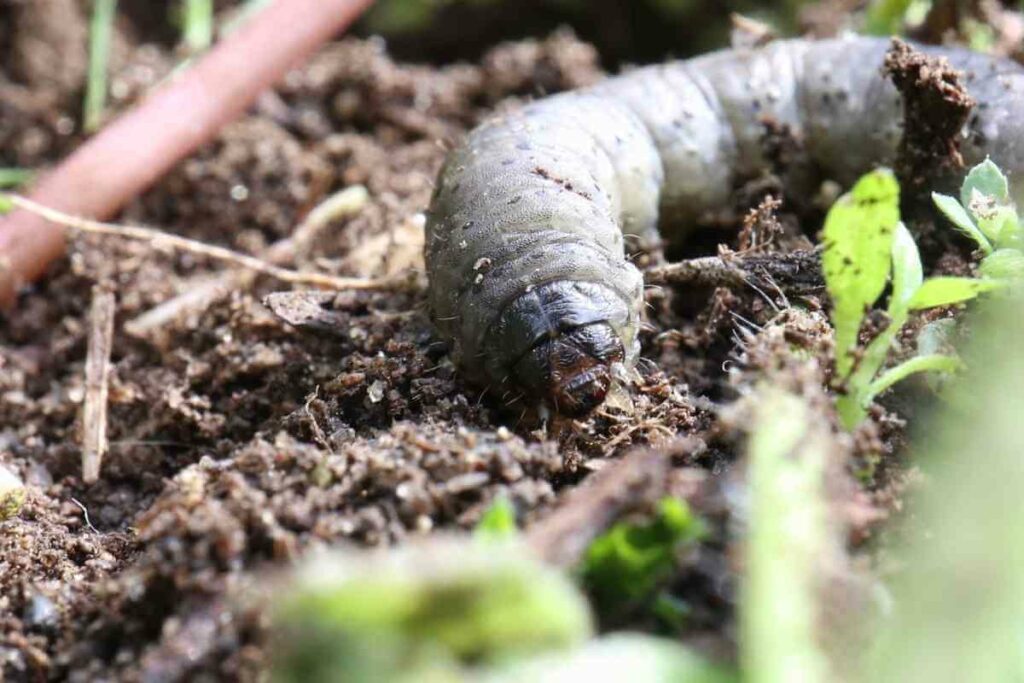
However, for the time of their overall lifespan that will endure, only 3 weeks of that will be spent as grubs.
On their way to becoming fully-formed beetles, a lawn grubs’ job is to feed enough so that they can amass enough energy in order to complete the transformation successfully.
After They Hatch: They will feast on the greens of your garden until they are engorged enough that they can get on their way to become, the much nicer to look at, beetles they were always meant to be.
6 – Lawn Grubs Become Beetles
As touched on previously, lawn grubs will eventually become beetles.
They can be many different kinds of beetles, but even though they lose their slimy and slightly hideous qualities, they can still pose a danger to your gardens.
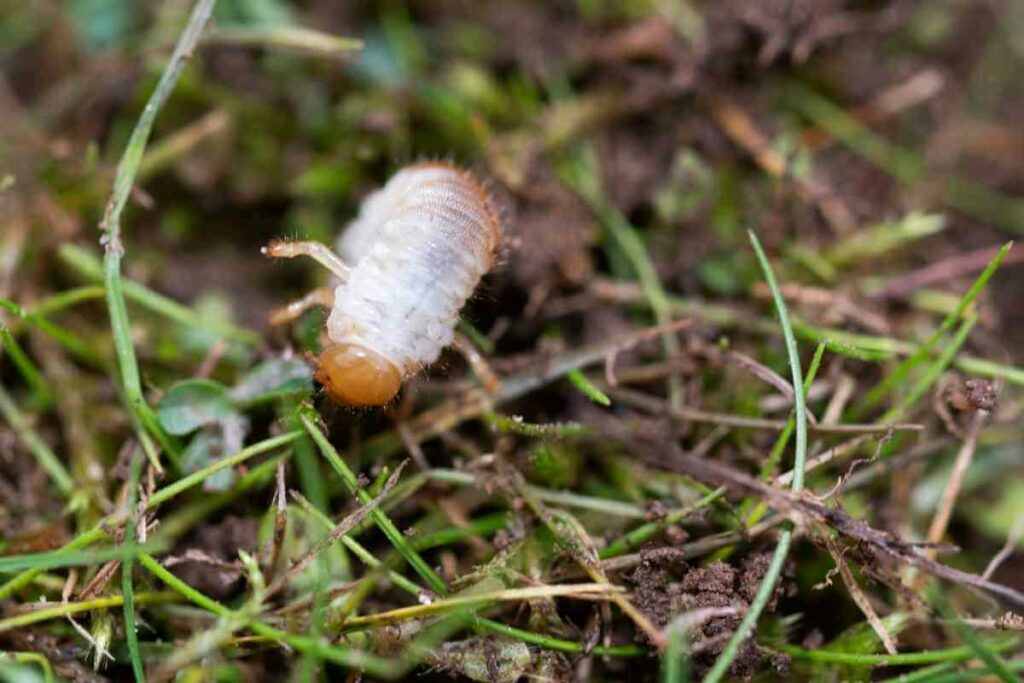
Now able to travel much more freely, and in a lot of cases become airborne, beetles can pick and choose where they wish to feed.
This means that even some of your more hidden, or out of reach, plants can now become targets for the hungry critters.
This is one of the reasons it is good to get on top of a lawn grub problem as soon as you can, as it doesn’t just go away when they reach adulthood.
7 – Lawn Grubs Can Cause Irritation, Scratching, and Redness!
An aspect of lawn grubs that may come as a shock, and maybe disgust you, is that these small and seemingly harmless bugs can cause some really annoying (but generally not horrific) issues when they come into contact with skin.

The slimy texture of their outer layers can cause your skin to become irritated and itchy, as well as become red and swollen.
Whilst it won’t do any real harm, it isn’t something you want to expose yourself to, especially if it could get in the way of important garden work!
Wearing even the flimsiest of protective gear when dealing with lawn grubs will prevent any of this, but it’s worth knowing about before you tackle your lawn grub problems.
8 – Collateral Damage
Whilst the damage that the lawn grubs can achieve alone can be enough to leave your lawn in ruins, there is a whole additional factor that can come into play.
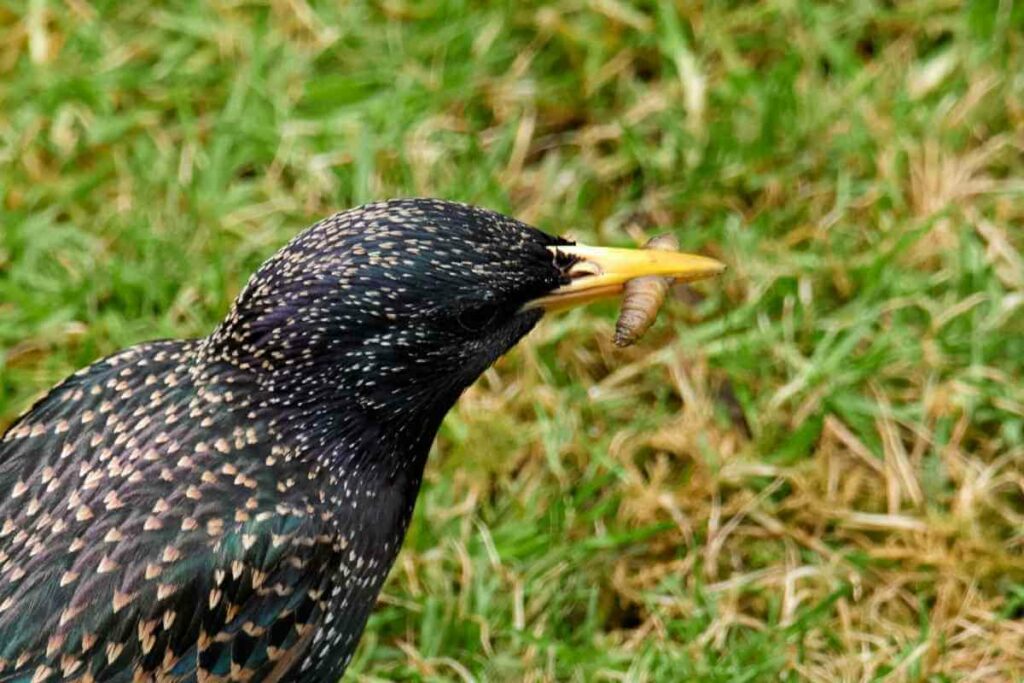
The predators that prey upon these lawn grubs, and use them as food, can often cause damage to your lawn in the pursuit of their next meal.
Birds, rodents, and other mammals will all take a swipe or a swoop to get at these critters.
Have You Noticed: Sometimes you may find your lawn dugs up by these predators, and whilst they may be helping to get rid of the lawn grubs, now you have even more damage to deal with!
9 – Small Amounts of Lawn Grubs are Fine
If you are tending to your garden and can notice only a handful of lawn grubs, you may be worried that your garden is about to fall into disrepair.
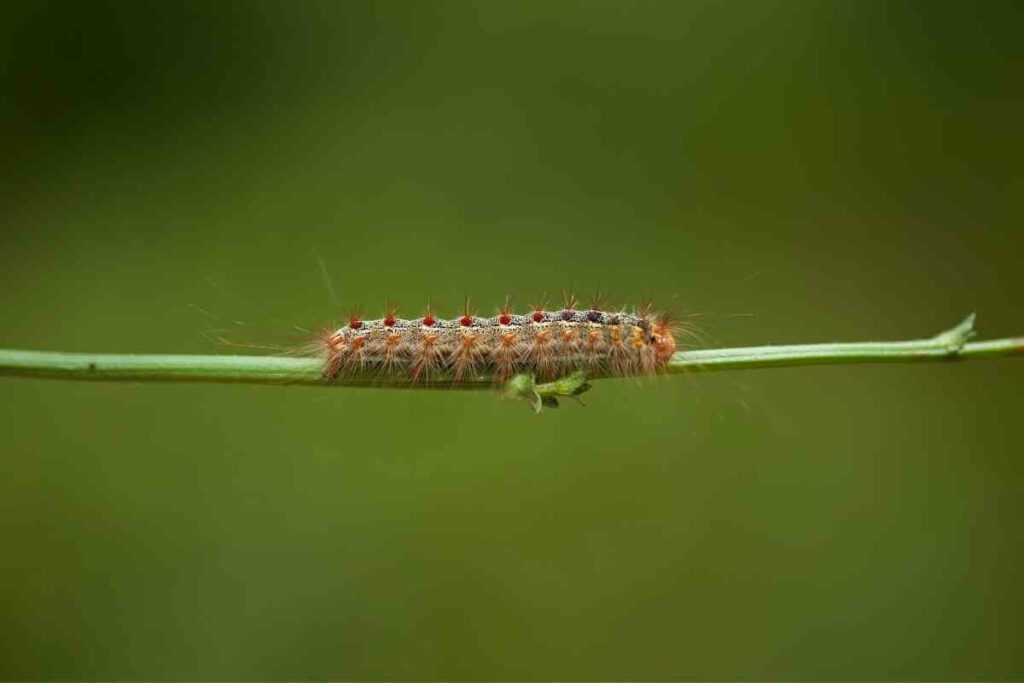
You needn’t worry, however, as if there are only a few, the damage they can do is not enough that your lawn can’t outgrow it.
As soon as you begin to notice damage, however, you will have to step into gear quickly and take action in order to prevent catastrophe.
So if there is a small occupation of lawn grubs, you needn’t worry – but it can’t hurt to keep an eye out.
10 – Pesticides Can Get Rid of Them
One thing that can prove useful in neutralizing a lawn grub encampment, is to start a course of pesticide treatment.
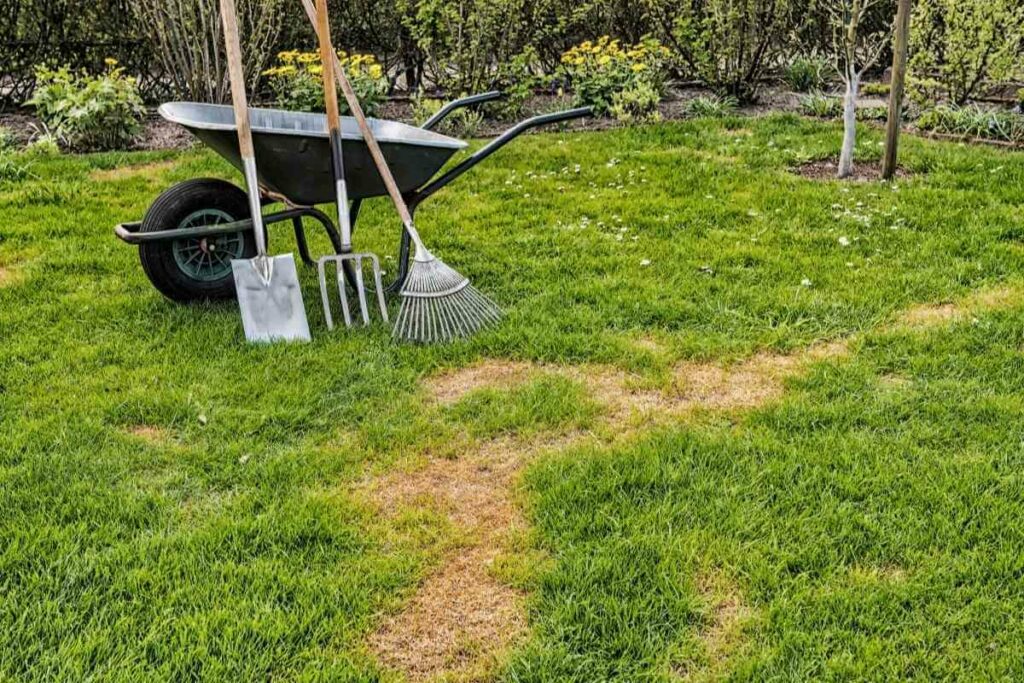
Obviously, pesticides can come with their own risks, and should always be used correctly, but they can prove very effective.
Spraying pesticides or adding them to the water for your lawn can help to reduce the number of lawn grubs, as well as root out any pesky eggs they may have laid.
Combining this with another form of treatment can work wonders in putting a cork in the bottle of your grub issues.
11 – Hot, Dry Summers
A possibly unexpected factor in the removal of lawn grubs is that weather can play a big part in their eventual fate.
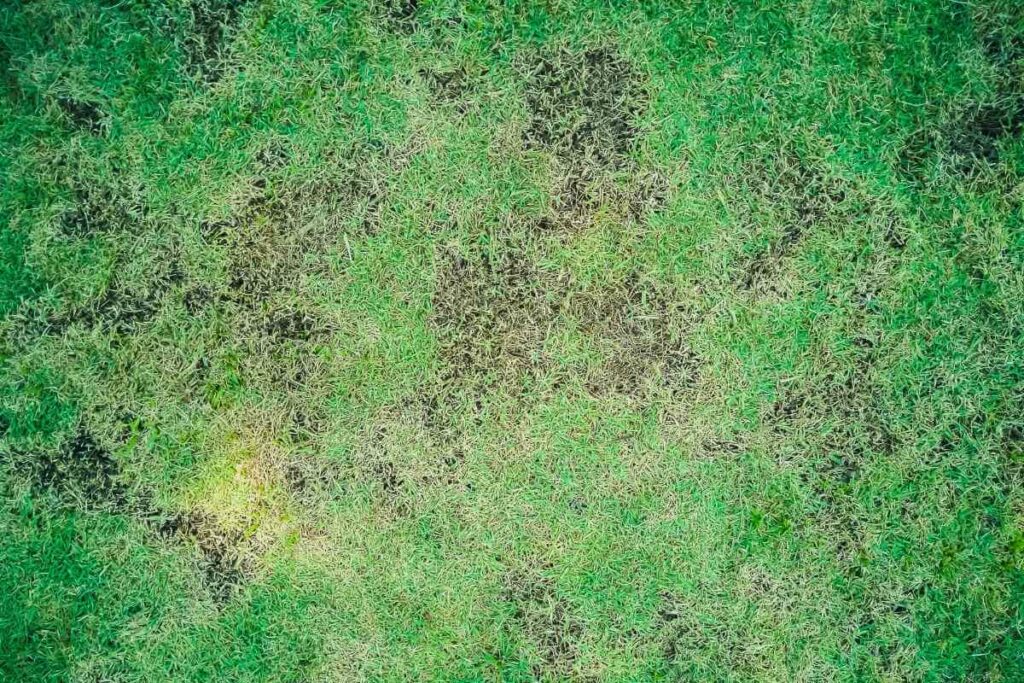
As these creatures thrive in the moist environment created by the rain and mud, hot summer with little rainfall can spell trouble for their plans of lawn domination.
If the grass dries out for the summer, they will have a lot less to feed on, and may not even be able to obtain enough energy to become beetles!
Final Thoughts
To summarise, there are quite a few strange and interesting facts about lawn grubs that can be very handy to keep in mind when tending to them.
From the irritation they can cause to the damage they can do to your garden, you need to keep an eye on these beasties.
Hopefully, this article has been useful in laying out some of the facts when it comes to lawn grubs, and should you need any more knowledge, you’ll find plenty more where that came from.
You May Find It Helpful
- How Does Grass Grow? (When and How Does It Grow)
